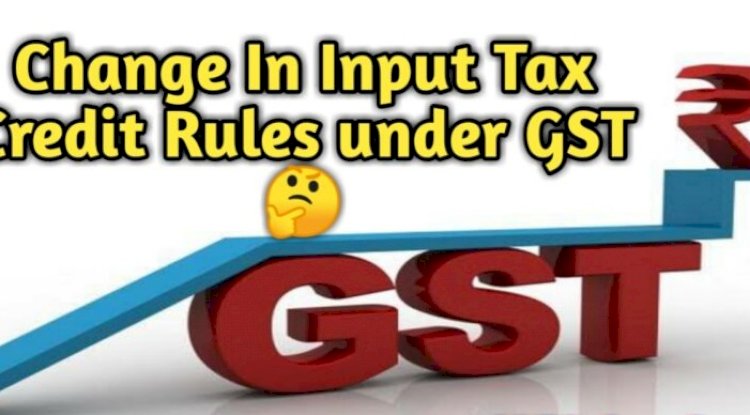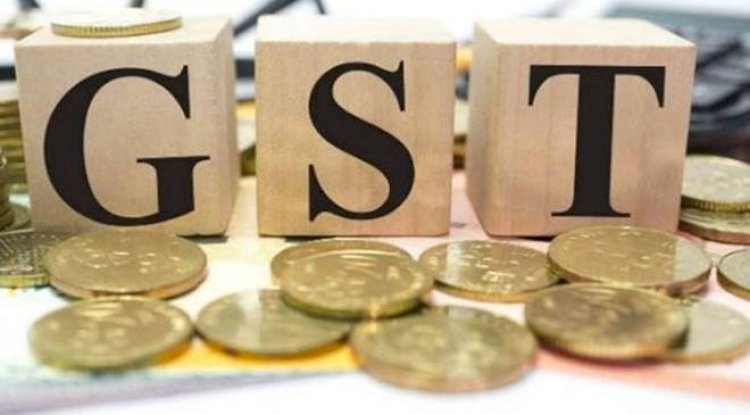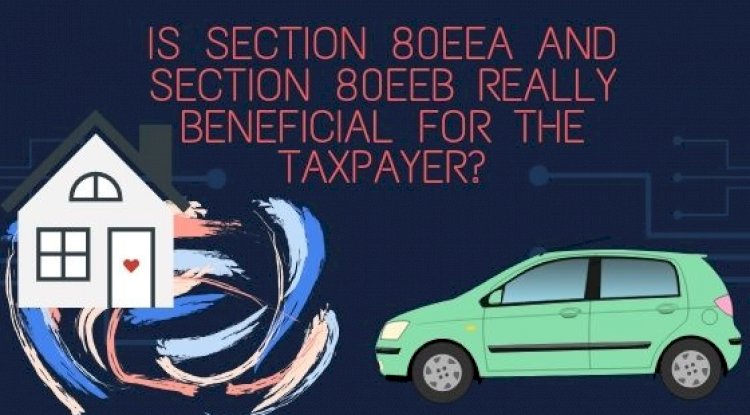GST INSPECTION, SEARCH AND SEIZURE

GST INSPECTION, SEARCH AND SEIZURE
Under GST government has launched several provisions to detect and cure defraudation of tax.
Inspection under GST
It basically means to examine a place or thing. Inspection is based on ‘REASONS TO BELIEVE’.A reason to believe is a cause or assessment that a certain event occurred after its proper study and evaluation .The reasons to believe is that don’t recorded unnecessarily in writing.
An officer of high rank, mainly a Joint Commissioner, may be have a reasons to believe and is allowed to give permission to check that a person has attempt to fraud if the person has committed acts like:
- Suppressing a supply transaction
- Suppressing any stock in hand
- Claiming excess Input Tax Credit (ITC)
- Violating any provision
- Suppressing goods or manipulating accounts of goods for purposes of evading tax (by transporters and operators/owners of warehouses)
In such cases, the Joint Commissioner can appoint an officer in GST INS-01 form so as to inspect business place of:
- Taxable person
- Transporter
- Operator/Owner of the warehouse
- Goods worth Rs.50,000 or more in transit
- Any other place deemed fit for inspection
Search under GST
Search under GST is a drastic version of inspection. It usually involves looking for a particular thing. A government official is given authorization to go to a particular place and look through it carefully to discover or find evidence or a disclosed thing. It cannot be done without valid authorization under the law.
A search can be ordered under GST by a Joint Commissioner of CGST/SGST or an officer superior to him if they have valid reason to believe:
- Goods liable for confiscation exist in the place.
- Important documents or accounts of goods are suppressed somewhere which can come of use during proceedings.
- The officer can then search and seize goods or documents on his own or authorize another officer to do the same.
Seizure under GST
Seizure is generally regarded as legally taking away possession of something from someone forcefully. An item can only be seized if proper investigation has been made against it and is still suspected to be liable for confiscation. The ownership remains with the owner but the possession is taken over by the department.
Procedure
- The order of seizure is given by the proper officer in Form GST INS-02.
- Authorized officer performing the seizure can exercise the power to seal the door of premises.
- Officer can also break the door if denied access to the premises.
- Any other furniture can be broken by the officer if its suspected contents are not accessible otherwise.
- If seizing the goods is not possible, then the officer can issue a prohibition order in Form GST INS-03 to prohibit the owner from removing the said goods without prior permission from the authority.
- The goods or documents will be kept with the officer for as long as required after seizure. These documents will only be released after enquiry and evaluation is completed.
- They can however be released to owner on provisional basis in lieu of a bond for the value of goods in Form GST INS-04.
- A security in the form of bank guarantee for the due amount must also be furnished by the owner along with the payable tax, penalty, and interest.
- In case the owner does not provide the provisionally released documents on the date appointed, the security will be adjusted against the dues.
- Documents irrelevant to issue of notice are released within 30 days of time since the date of issue of notice.
After Seizure
- The copies of seized documents can be made by the owner in the presence of an officer.
- The seized items will be returned if a notice is not issued against them after a maximum of 12 months (6 months plus an extended period of 6 months) since they were seized.
- A list of hazardous goods can be issued by the government which can be discarded upon seizure.
- The officer will properly enlist all the goods or documents which were seized.
Any search or seizure must be made according to provisions of the Criminal Procedure Code, 1973, which highlights that any search or seizure must be carried out in the presence of at least two independent witnesses. Once the Commissioner believes a person to be guilty of committing offence under Section 132, she/he can come under arrest.
What's Your Reaction?





















